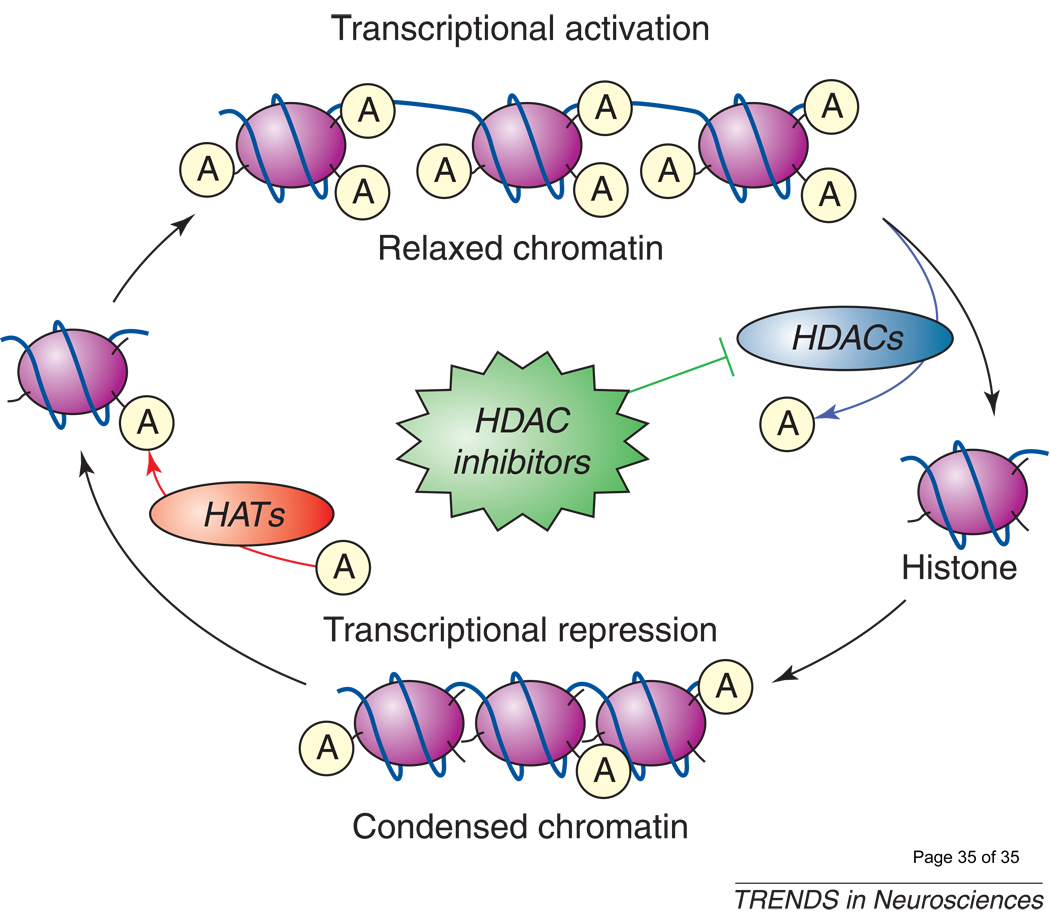Figure 2. The actions of HDAC inhibitors in neurodegenerative conditions.
A large number of neurodegenerative conditions in vivo and in vitro involve functional imbalance in HATs and HDACs, resulting in histone hypoacetylation and transcriptional dysfunction. Treatment with Class I, II and, more recently, III HDAC inhibitors restores these deficiencies. These effects appear to be mediated by multiple HDAC-regulated gene products including BDNF, GDNF, HSP70, α-synuclein, Bcl-2, Bcl-XL, p21, and gelsolin, among others. Non-transcriptional effects of HDAC inhibitors, such as hyperacetylation and stabilization of microtubule proteins, have also been shown in many neurodegenerative disease models. Studies suggest that HDAC inhibitors have neuroprotective, neurotrophic, and anti-inflammatory effects, as well as improve neurological performance and learning/memory in various neurodegenerative conditions. Bcl-2: B-cell lymphoma 2; BDNF: brain-derived neurotrophic factor; GAPDH: glyceraldehyde-3-phosphate dehydrogenase; GDNF: glial cell line-derived neurotrophic factor; HAT: histone acetyltransferase; HDAC: histone deacetylase; HSP70: heat shock protein 70.

